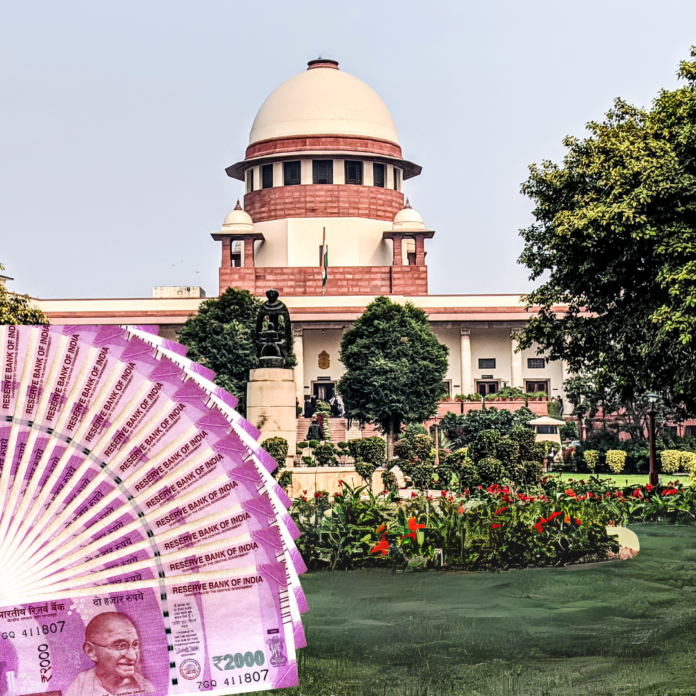Controversy of Electoral Bonds Data Disclosure :
The controversial Electoral Bond scheme, launched in 2018, raises concerns about transparency and the possibility of unregulated political contributions. Recent Enforcement Directorate (ED) raids on prominent corporate donors have intensified this debate, raising questions about the use and accountability of these financial instruments.

The core issue in the controversy is that Electoral Bonds are issued and used without any transparency. These bonds are released in two sets, one with letters and the other with numbers. However, the names of the people who donate and the political parties that get the money are kept secret.
During elections, it’s crucial to maintain fairness for all parties involved. However, during Lok Sabha elections, the lack of transparency becomes alarming. Despite the Model Code of Conduct(MCC) that aims to create a fair playing field, Electoral Bonds hinder this principle by allowing anonymous donations to political parties, raising concerns about undue influence.
The recent raids by the Enforcement Directorate (ED) on companies that donated to political parties through Electoral Bonds have highlighted the need for stricter monitoring and disclosure in the Electoral Bond scheme. To prevent abuse, civil society groups and opposition parties are demanding that the names of both the donors and the parties that receive the bonds be made public. This would increase transparency, accountability, and reduce the risk of illicit funding.
Alphabetical and Numeric Bond Numbers :
The use of unique numbers on electoral bonds in India has sparked concern, in addition to the ongoing debate about insufficient data disclosure and the participation of influential corporate donors.
Electoral bonds, akin to financial instruments, allow citizens and businesses to contribute funds to political parties. These bonds come in fixed amounts of 1,000, 10,000, 1 lakh, 10 lakh, and 1 crore rupees. Upon purchase, each bond bears a unique alphanumeric code that serves as a tracking mechanism to guarantee that the funds are donated to registered political organizations
Using alphabetical and numeric bond numbers has caused worry because it may make it harder to see where bonds came from and give people the chance to put “dark money” into political campaigns.
The confusion surrounding how these codes are created has also fueled the controversy. There are no established rules for how the codes are assigned, making people wonder if they might be tampered with.
The ongoing debate over electoral bonds extends beyond their alpha-numeric numbering system. The proliferation of these instruments warrants increased transparency and regulation to safeguard the democratic process.
Top Business Donors and ED Raids :
Concerns have arisen over the lack of transparency in political funding due to electoral bonds. This scheme has drawn criticism because it enables anonymous contributions to political parties, raising questions about potential money laundering and the undue influence of corporations in the political arena.
Recently, India’s Enforcement Directorate (ED) raided places connected to major donors who have used electoral bonds to contribute to political parties. The raids yielded a large amount of cash and documents on electoral bond transactions. These raids highlight the need to increase transparency in political financing and to oversee the use of electoral bonds. Since these bonds cannot be traced, it has been challenging for authorities to determine their origin and destination of funding. This has raised concerns that money may be illegally diverted for other purposes.
There’s an increasing need for transparency in electoral bond transactions, revealing who donated, how much, and to which political party. This transparency is vital for a fair and transparent democratic process. The recent raids on major donors have emphasized the necessity for more openness in political funding through electoral bonds. The lack of clarity in the system has raised suspicions about possible money laundering and the influence of big businesses in politics.
As a result, there’s a growing demand to publicly release information on electoral bond transactions for accountability and transparency.




